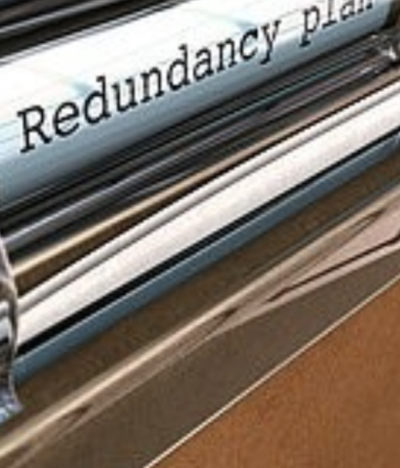Minimum Tax came into effect on 1st January 2021 at the rate of 1% of the turnover of a person if the instalment tax payable would be lower than the minimum tax payable. Let us put it into perspective: Company X would be required to pay KES. 100,000/= only as an instalment tax. However, the turnover for Company X is KES. 50,000,000/= only therefore the minimum tax (calculated at 1%) would amount to KES. 500,000/= only. Then Company X would be expected to pay the higher minimum tax, as opposed to the instalment tax.
The section that provided for Minimum Tax Section 12D of the Income Tax Act as introduced by the Finance Act, 2020, was declared unconstitutional for violating Article 201(b)(i) of the Constitution, that provides; “the public finance system shall promote an equitable society and in particular, the burden of taxation shall be shared fairly”.
The High Court at Machakos while delivering its ruling on 19th April 2021 in Constitutional Petition Number E005 of 2021, stated that “a system of taxation that lends itself to the possibility of double taxation cannot be said to be fair. Such a system fails the prescribed under Article 201(b)(i) of the Constitution…Apart from that, the introduction of the Minimum Tax means that those people who genuinely make losses will be forced to fall back on their capital to pay the Tax while those who make profits will be paying the income tax from their profits”. The court also found that a tax system could not be deemed fair when the potential effect of diminishing the capital for those making losses while for those making profits, their capital base remains intact.
With that in mind, taxpayers who were expected to pay minimum tax, should now pay instalment tax and continue to do so until expected otherwise. For those who don’t fall within the mandate of paying instalment tax should await a further determination of the Minimum Tax by the High Court.
It should be noted that should the High Court state that if it was later determined that minimum tax is constitutional, then the Kenya Revenue Authority would stand to be owed tax arrears due from the taxpayers together with interest and/or penalties. It is therefore advisable that taxpayers make provisions in their accounting books for the minimum tax that could be payable in future.
Please note that this legal article is for information purposes only and should not be relied upon without legal consultation. Should you have any questions, please feel free to contact us.








